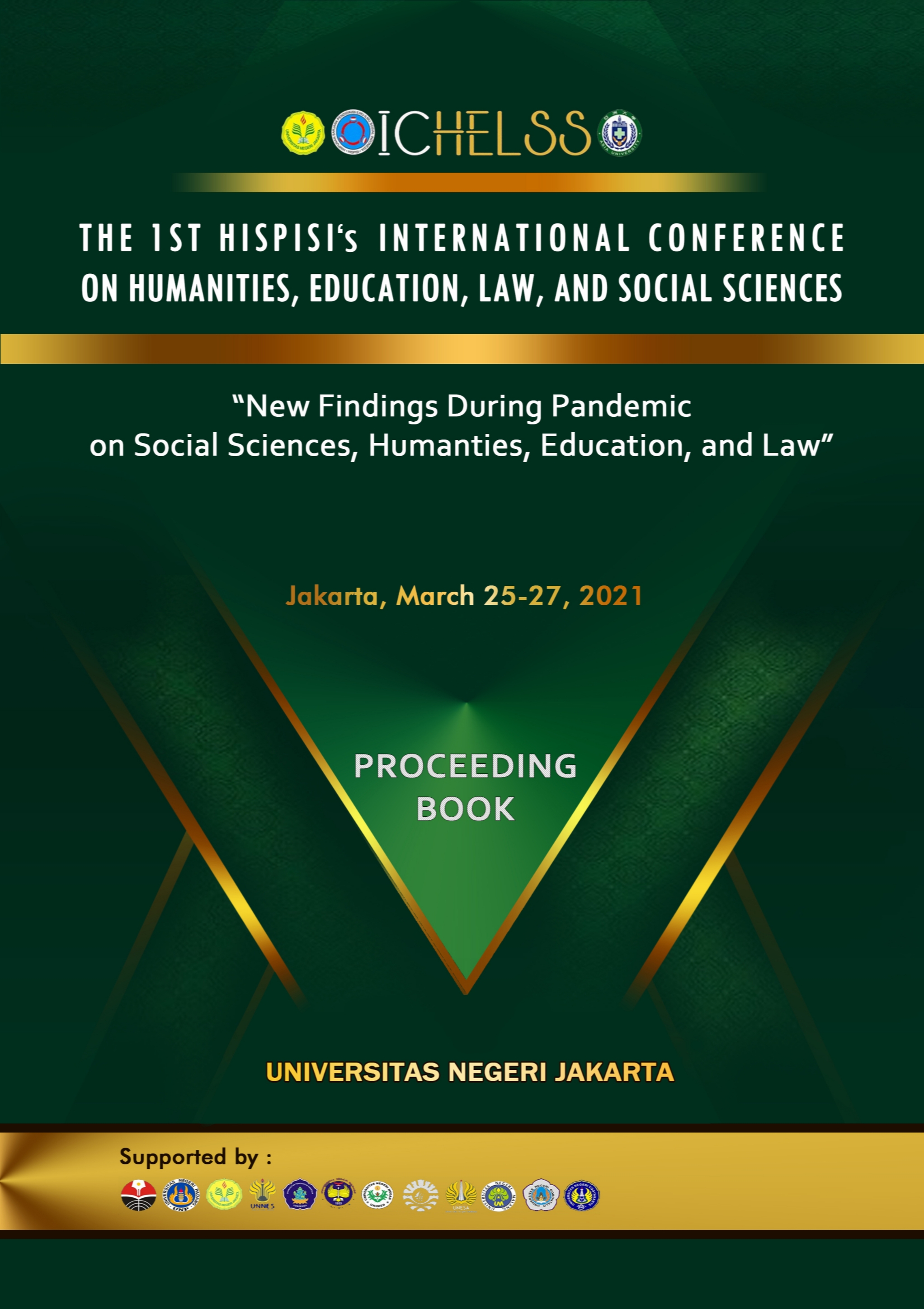Contextual Bases Indonesian History E-Module Development For Class X Vocational Schools (Case Study at Smk 25 Jakarta Department of Business and Management
Abstract
Abstract: Referring to the Decree of the Minister of Education and
Culture of the Republic of Indonesia Number 719 / P / 220
concerning Guidelines for Implementing Curriculum in Education
Units in Special Conditions, that learning is carried out contextually
and communicates using various strategies according to the needs
and conditions of students, educational units, and regions. as well as
fulfilling the principles of learning. Learning is a process of
interaction between students and educators and learning resources
in a learning environment. Thus, learning resources play an
important role in learning activities, especially during the Covid 19
pandemic, learning sources that can be accessed easily and used
virtually are needed. E-module is a solution to meet the needs of
learning resources in the absence of face-to-face learning activities.
So far, historical learning resources in the form of textbooks and Emodules
have not used a contextual approach. In general, they still
emphasize informative and textual content. As a result, history
learning is more knowledgeable, less related to the needs of students
in Education Units, such as Business and Management vocational
high schools. Contextual-based E-Modules are teaching materials
that link the material to students' real situations. Through this EModule
learning activities will be created that benefit students'
lives.
Keywords: Contextual-Based E-Module, Historical Learning,
Learning Resources


